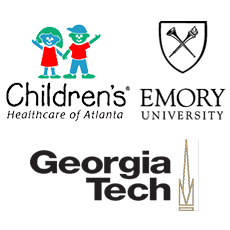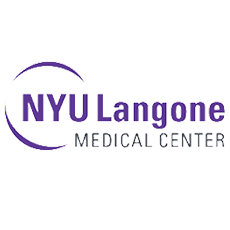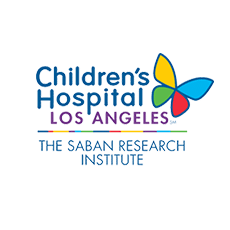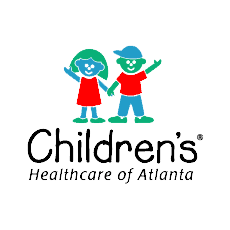What We Do
Our Work
Our work focuses on identifying projects that are dedicated to overcoming and abating pediatric brain cancer. To do this, IFF partners with, or supports, research labs at leading hospitals and universities around the country focused on the development of new therapeutic methodologies and treatments for pediatric brain tumors. IFF’s work is also focused on bringing public awareness to the severity of pediatric brain tumors and raises the funds so desperately needed to sponsor research.
Our Research
IFF takes a unique and innovative approach to pediatric cancer research. Specifically, IFF maximizes funds raised to be directed to pediatric brain tumor research by:
- Keeping corporate overhead at less than 10% (according to Charity Watch: 40% overhead is reasonable; according to American Institute of Philanthropy: highly efficient, charitable organizations spend 25% on general administration)
- Funding $0 indirect costs in research grants (indirect costs are those costs that cover multiple activities and that occur on a regular basis. They are usually administrative in nature. In other words they can’t be assigned to a particular product or service but are used to operate an organization as a whole such as accounting, office expenses, administrative salaries, etc.)
- IFF employs 1 full-time paid staff member
Facts About Pediatric Brain Cancer

Our Research Partnerships
To date, Ian’s Friends Foundation has committed millions of dollars toward pediatric brain tumor research at the cutting-edge research institutions listed below.









